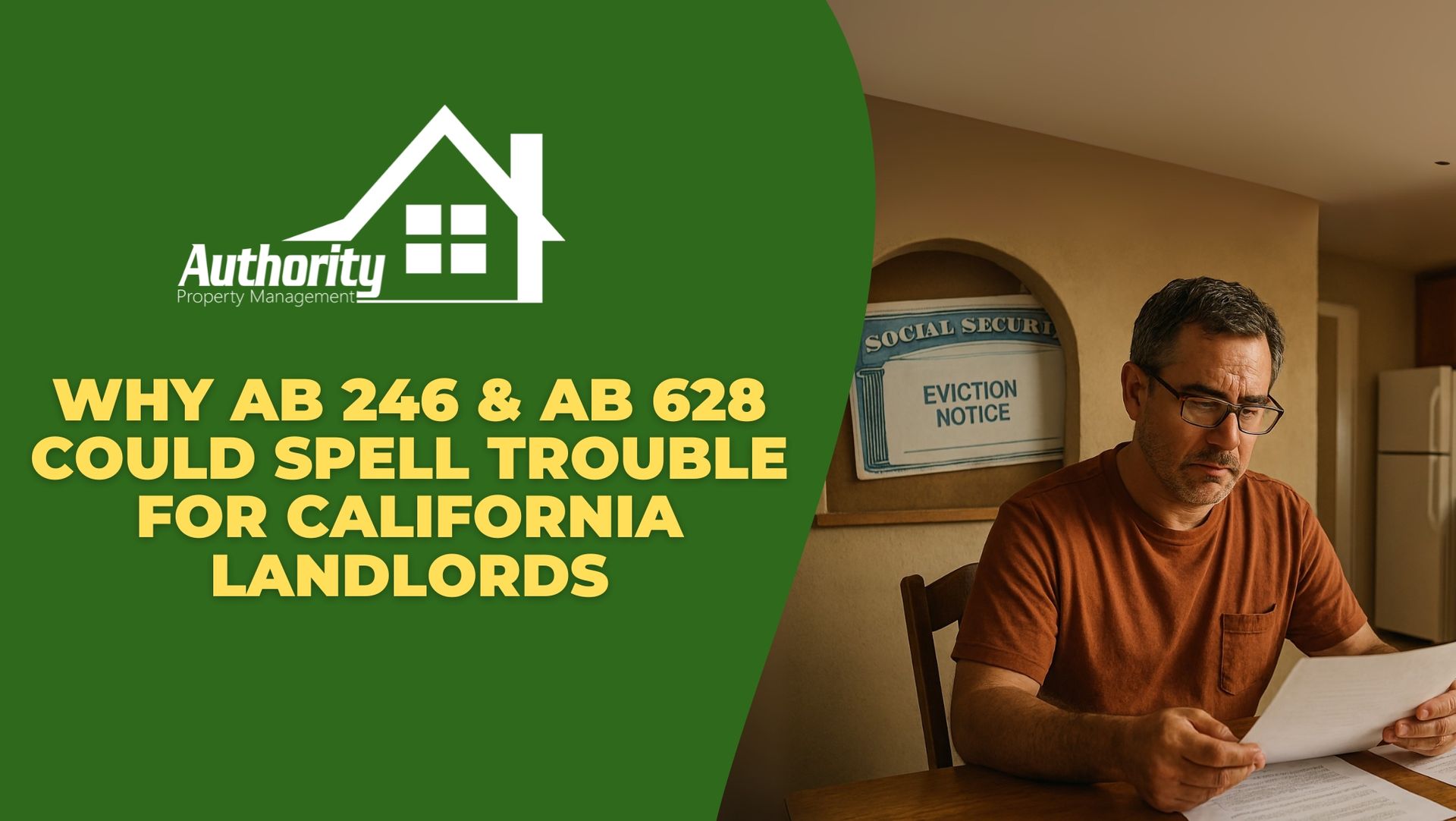* Notice to Terminate Tenancy with a cause, which allows a tenant to vacate in either 30 or 60 days depending on how long they have resided in the property. If a tenant does not vacate at the end of the allotted amount of time, a landlord or property manager may then file an Eviction to remove the tenant from the property.
*
Pay Rent or Quit Notice.
These types of notices are normally served when a tenant has not paid the rent due. This notice provides you with a couple of days to either pay rent or move out “quit”.
* Cure or Covenant Notices. These types of notices are typically given for violating a term or condition of the rental agreement, such as a no-pet clause, making excessive noise or excessive guests. Normally you have a provided amount of time to cure or correct the violation. If the violation is not corrected a landlord or Property Manager can take legal action to correct it.
Most tenants mistake receiving a Notice to Vacate or a Notice to Terminate Tenancy without cause as being Evicted. A landlord or Property Manager can serve these types of Notices for many different reasons, such as the owner wants to move back into the property, remodeling the property or putting the property up for sale. Receiving either of these two notices is not necessarily a negative action against the tenant. Usually, if the landlord or Property Manager is contacted they can clarify the reason for the notice. It is important to remember if you have been in the property for longer than a year, you should receive a 60-day notice, less than a year is normally a 30-day notice. Contact your landlord or Property Manager if you need to negotiate additional time. Not vacating the property in the provided amount of time could lead to the landlord or the Property Manager filing an Eviction to regain possession of the property. Communication is key in these situations.
An Eviction can cause harm to your credit and future renting ability.



























